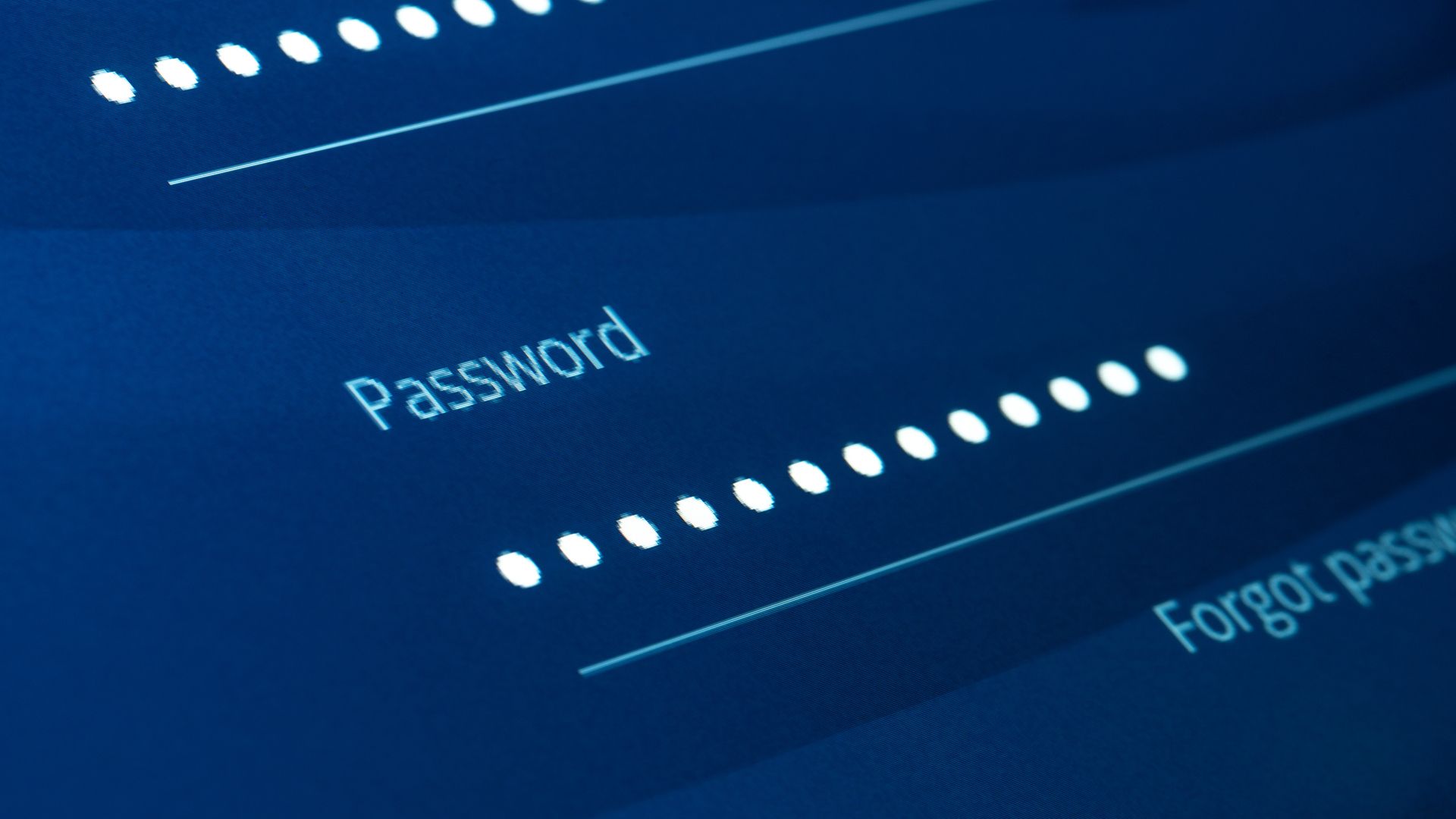- Weak password guidelines drive insecure habits on main international web sites
- Critical industries nonetheless depend on outdated necessities when dealing with delicate person information
- Automated assaults exploit insecure credentials sooner than web sites can adapt
Many customers wrestle to create sturdy password credentials throughout a number of accounts as a result of the broader digital ecosystem hardly ever pushes them towards safe choices, new analysis claims.
A NordPass report analyzing the thousand most visited international web sites on-line in the present day discovered that the majority platforms nonetheless permit quick, predictable passwords, creating situations the place weak habits grow to be regular over time.
Misapplied guidelines on main web sites form person habits lengthy earlier than attackers exploit these gaps, and present requirements don’t replicate trendy safety realities.
Weak software in vital industries
“The Internet teaches us find out how to log in and for many years it has been instructing us the incorrect classes. If a web site accepts ‘password123’, customers be taught that it’s sufficient and it’s not,” says Karolis Arbačiauskas, product supervisor at NordPass.
The report reveals that there are vital inconsistencies in the best way web sites method password safety, with sectors that deal with delicate data usually faring the worst.
Government, well being, and food-related websites demonstrated among the weakest coverage necessities, although these industries deal with high-risk information.
Unfortunately, these platforms generally give attention to ease of onboarding, particularly those who promote free web site design or simplified setup fashions.
NordPass experiences that 58% of the web sites analyzed permit passwords with out particular characters, and 42% don’t impose any minimal size, whereas 11% don’t impose any restrictions.
Only 1% meet finest apply expectations by requiring longer, extra complicated combos that use quite a lot of characters and are case-sensitive.
This implies that many platforms function with outdated credential insurance policies that fail to maintain up with the tempo of evolving threats.
The evaluation additionally notes that authentication applied sciences stay inconsistently adopted throughout the net, creating additional inconsistencies in person safety.
While 39% of internet sites assist single sign-on, solely a really small quantity have applied passcodes, although they’re extra strong and simpler to make use of than conventional passwords.
“Security ought to be a partnership. Websites can create safer habits by guiding customers by means of higher designs, reminiscent of clear guidelines, visible indicators, and even trendy authentication like passcodes,” Arbačiauskas continues.
NordPass recognized solely 5 web sites that meet the strictest standards outlined by acknowledged requirements, demonstrating how slowly safe design rules unfold, even amongst high-traffic platforms, and the restricted adoption of superior strategies contributes to a fragmented safety panorama.
The report warns that poor enforcement makes customers extra susceptible at a time when automated assaults are sooner and extra accessible.
Inconsistent necessities create assault surfaces that may be simply exploited by AI instruments.
Additionally, reliance on simplified publishing techniques, together with these powered by an AI-powered web site builder, can weaken coverage enforcement when safety controls are deprioritized.
These weaknesses may prolong past people and have an effect on companies, industries, and governments when low-quality passwords are reused throughout a number of techniques.
Therefore, strengthening digital hygiene requires greater than person consciousness. It calls for structural modifications by the platforms that set the foundations.
To compensate for lax enforcement, customers are more and more counting on instruments like a password supervisor to generate safe credentials.
“Password sloppiness did not come out of nowhere. When web sites cease requiring sturdy credentials, customers cease creating them. What we’re actually seeing is a cultural shift in each Internet customers and Internet builders,” says Arbačiauskas.
